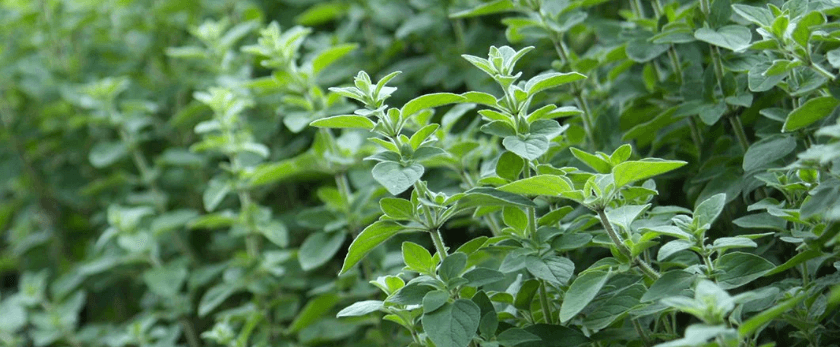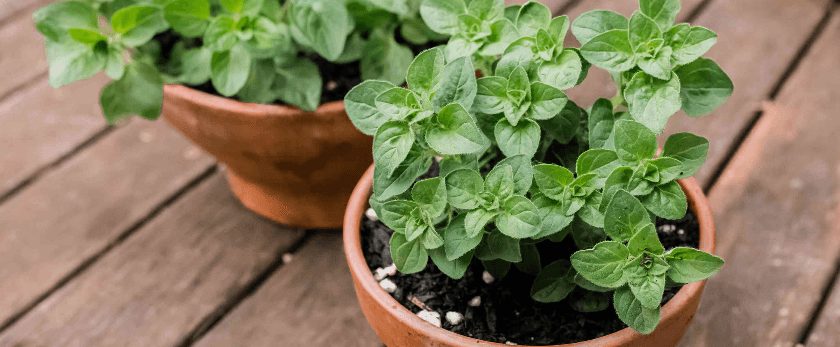Greek oregano, also known as wild marjoram, is a popular herb that is widely used in Mediterranean cuisine. Not only does it add a delicious flavor to dishes, but it also has numerous health benefits. Growing your own Greek oregano is not only a great way to have a fresh supply of this versatile herb, but it is also a sustainable and eco-friendly choice. In this article, we will discuss how to grow Greek oregano and provide tips for caring for it in an environmentally responsible manner.
How to Care for Greek Oregano
Watering
Greek oregano is a drought-tolerant herb, so it does not require frequent watering. In fact, overwatering can lead to root rot and other fungal diseases. It is best to water your Greek oregano only when the top inch of soil is dry. This will ensure that the plant has enough moisture without being waterlogged.
Light
Greek oregano thrives in full sun, so it is important to choose a sunny spot for your plant. It needs at least 6-8 hours of direct sunlight per day. If you are growing it indoors, place it near a south-facing window or use grow lights to provide sufficient light.
Soil
Greek oregano prefers well-draining soil that is rich in organic matter. You can use a mix of potting soil and compost for container-grown plants. If you are planting it in the ground, make sure the soil is loose and well-draining. Avoid using heavy clay soil, as it can lead to waterlogging and root rot.
Fertilizer
Greek oregano does not require much fertilizer, but you can use a balanced organic fertilizer once a month during the growing season. Avoid using chemical fertilizers, as they can harm beneficial insects and pollinators.
Pruning
Pruning is an essential part of caring for Greek oregano. Regular pruning will not only keep the plant compact and bushy, but it will also encourage new growth. You can prune your Greek oregano by cutting back the stems by one-third every few weeks. This will also prevent the plant from becoming woody and unproductive.

What is the Best Time to Grow Greek Oregano?
Greek oregano can be grown year-round in mild climates, but it is best to plant it in the spring after the last frost. If you are growing it indoors, you can start the seeds in late winter and transplant them outdoors once the weather warms up. In colder climates, you can grow Greek oregano as an annual or bring it indoors during the winter months.
Common Problems with Greek Oregano
Greek oregano is a hardy plant, but it can still face some common problems. Here are a few issues you may encounter and how to address them in an eco-friendly manner.
Pests
Greek oregano is relatively pest-resistant, but it can still attract some common pests like aphids, spider mites, and whiteflies. Instead of using chemical pesticides, try using natural methods to control these pests. You can spray the plant with a mixture of water and neem oil or use companion planting to repel pests.
Diseases
Overwatering and poor air circulation can lead to fungal diseases in Greek oregano. To prevent this, make sure to water the plant only when necessary and provide good air circulation by spacing out the plants. If you notice any signs of disease, remove the affected parts of the plant and dispose of them properly to prevent the spread of the disease.
Weeds
Weeds can compete with Greek oregano for nutrients and water, so it is important to keep them under control. Instead of using chemical herbicides, try using natural methods like mulching or hand-pulling weeds. You can also plant a ground cover around the oregano to suppress weed growth.
Sustainable Disposal Methods for Greek Oregano
When it comes to harvesting and disposing of Greek oregano, it is important to do so in an environmentally responsible manner. Here are a few tips for sustainable disposal methods:
- Harvest only what you need: Instead of harvesting large quantities of oregano at once, only pick what you need for immediate use. This will prevent waste and ensure that the plant continues to produce new growth.
- Compost: If you have any leftover or spoiled oregano, you can compost it along with other organic waste. This will not only reduce waste but also provide nutrient-rich compost for your garden.
- Donate: If you have an abundance of oregano, consider donating it to a local food bank or community garden. This will not only prevent waste but also help those in need.
- Reuse containers: If you are growing Greek oregano in containers, consider reusing the containers for future plantings. This will reduce the need for new containers and save resources.
Conclusion
Growing Greek oregano is a great way to have a fresh supply of this versatile herb while also promoting sustainability. By following the tips mentioned in this article, you can grow Greek oregano in an environmentally responsible manner. Remember to water and fertilize sparingly, provide adequate light and air circulation, and dispose of the plant and its waste in a sustainable way. With a little care and attention, you can enjoy a bountiful harvest of Greek oregano while also doing your part for the planet.










